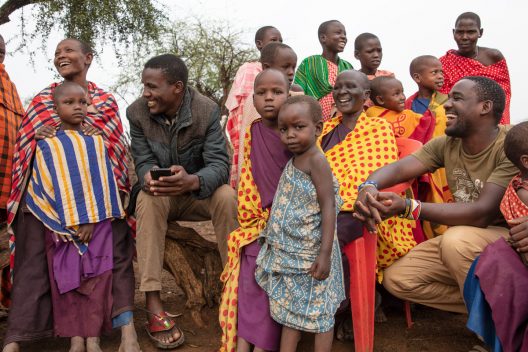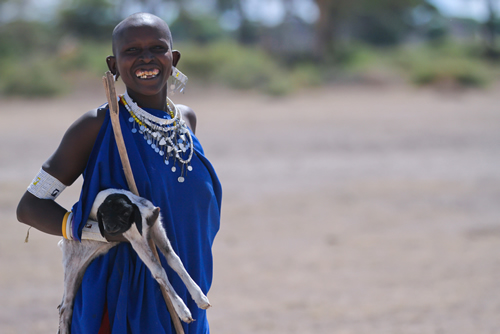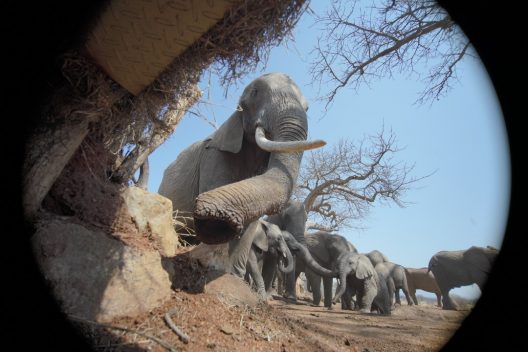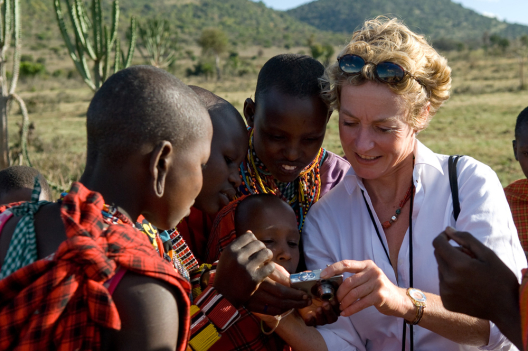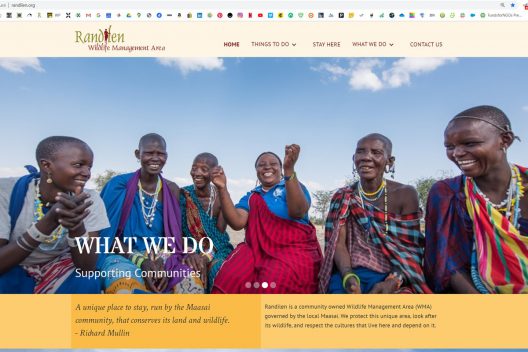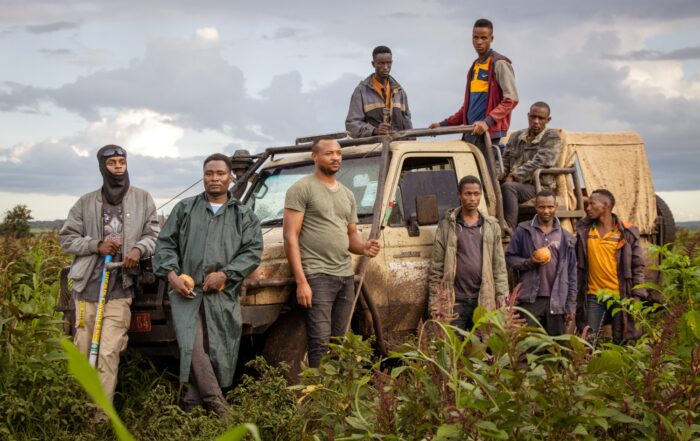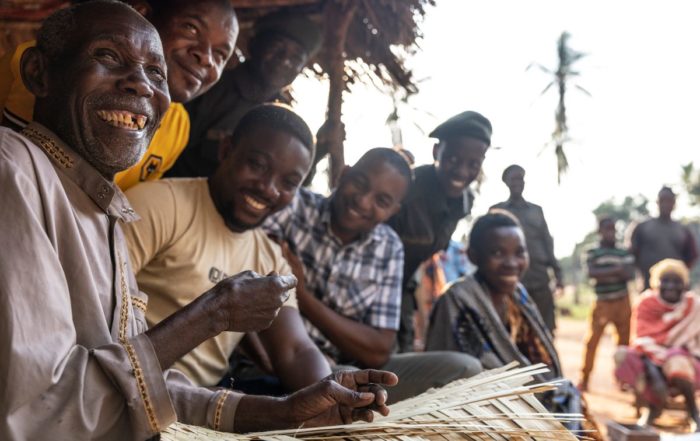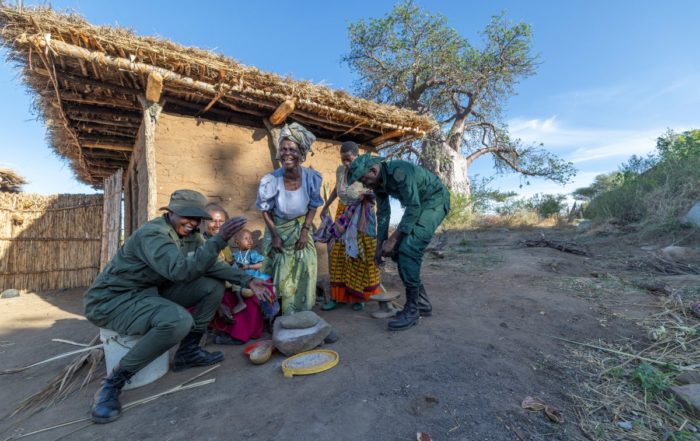Enterprise Development
Tangible benefits for communities are central to successful conservation models. Honeyguide helps communities model Wildlife Management Areas and similar conservation arrangements as social enterprises, whereby they make a profit while also pursuing non-monetary positive outcomes. We do so by advising leadership bodies on existing and potential business relationships, creating and managing business plans, professionalizing marketing, and creating tourism products to offer unique experiences. Throughout this process, we ensure any short-term gains do not come at the expense of long-term sustainability.
Business Vision & Strategy
The first step in Honeyguide’s approach to enterprise development is agreeing on a strategic vision for the “business” of community conservation areas. In these conversations, Honeyguide explains that community-owned conservation areas are not in the business of tourism or wildlife protection. Rather, their purpose is to provide services for their communities—which is made possible through income-generating activities. This is an essential distinction, since it is the communities that own the land and have agreed to set it aside for conservation-driven economic development. Reaching a shared vision helps Honeyguide and its partners set priorities for social enterprise development and devise strategies to reach these goals.
Identifying Beneficial Community Services
Honeyguide facilitates brainstorming activities where communities decide for themselves what services are wanted that Wildlife Management Areas can provide. In Makame, where Honeyguide recently began working, proposals for funds usage include ridding households of pests and providing free school uniforms. In Randilen, communities argue the most important service the Wildlife Management Area performs is protecting grass. Pastoralist households can graze livestock within the protected area during the dry season, preventing significant losses that were a regular occurrence before Randilen’s creation. In Burunge, Honeyguide reduced crop damage by 90 percent by pioneering a crop protection program whereby farmers request assistance in stopping crop raids by wildlife who roam off the protected area. This successful program has been replicated at Randilen.
Tourism Products
Honeyguide works with Wildlife Management Areas to improve and differentiate their tourism experiences from those on offer elsewhere, thereby increasing their value as a tourist destination. At Randilen Wildlife Management Area, Honeyguide helped build and get approval for an airstrip which allows bush planes to arrive directly on site. We also helped build a “water hide,” which includes a man-made watering hole and a mostly underground viewing point, from which tourists get a safe, up-close view of elephants and other wildlife.
Marketing
No matter how enticing a destination is, it is difficult to attract visitors without proper marketing. Recognizing this, Honeyguide helps Wildlife Management Areas by first understanding each site’s likely potential customers, then creating and utilizing means of engaging with these consumers. For Randilen, Honeyguide developed a functional and attractive website (randilen.org) where visitors can find information about the Wildlife Management Area as well as booking contacts for each of the five on-site lodges. This service makes Randilen a more desirable location not only for visitors, but also investors. With tourists increasingly looking to experience local culture, Honeyguide has identified how each Wildlife Management Area’s communities—many of which are predominantly Maasai—can draw visitors. Sharing how tourism in community conservation areas helps drive local development also provides a story that shows guests they are having a positive impact.
Enterprise Development News
Innovation That Delivers: Small Ideas, Big Impact
They say necessity is the mother of invention, and for WMAs facing mounting challenges with limited resources, getting inventive was not a choice; it was a necessity. At Honeyguide, we never set out to
Doing More With Less
Boosting Efficiency in WMAs The Business of Community Conservation Community Conservation Areas (CCAs) are known by various names across Africa. In Tanzania, they are Wildlife Management Areas (WMAs); in Kenya and Uganda, they are
Trust in Numbers
Why Financial Transparency Matters in Community-Led Conservation Introduction What if conservation wasn’t a guessing game? What if every dollar meant to protect wildlife and support communities was tracked and transparent for all to see?


